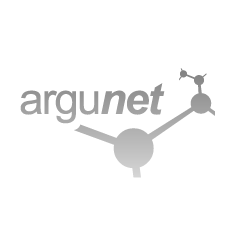Since October 2012, Ralf Grötker from Debattenprofis has been conducting a media experiment involving argument maps and swarm intelligence. In the so-called Faktencheck (Factcheck) series, Grötker sets up and moderates online forums on controversial issues (e.g., “boycott of textiles — helpful or not?”). Debattenprofis use argument maps to aggregate the discussions. In a recent article Grötker sums up his experience so far.
Relaunch & Release: Argunet 2.0
It’s been a while since our last update to our site or software. So let’s do both at once. Let me introduce you first to our new site and then to the new version of Argunet Editor.
Relaunch
We decided to simplify things: one page for the editor, one for our upcoming browser widget and one for our new blog. This will make it easier for you to find what you are looking for. And it will make it easier for us to maintain the site. Did I say “new blog”?
Yes, a brand-new blog!
While we were busy deploying Argunet in exciting new projects and trying out unreleased cool features, this site lay dormant for years. With this new blog we want to change that. Next week we will begin to post regularly about everything related to Argunet, argument maps and argumentation theory in general. So watch out for new posts!
Continue reading…
So, what exactly is an argument map?
This is a quick introduction into argument maps: How to create them, how to read them and what you can expect to get out of it.
An Argunet argument map visualises the structure of complex argumentations and debates as a graphical network. In this network all nodes are either sentences or arguments and all relations between them are either attack or support relations.
The reconstruction and visualisation with argument maps can be useful in many ways:
- Argument maps can give you a fast overview over the state of a debate
- Argument maps help you to remember complex argumentation structures
- The logical reconstruction allows a detailed analysis and evaluation of arguments and dialectic strategies
- Argument maps help to keep focused on relevant parts of the debate by filtering out irrelevant or redundant information
- Argument maps help concentrate on a rational, fair debate
- Argument maps can guide and structure live discussions. Misunderstandings, repitition and unfair persuasion techniques can be avoided.
- Argument mapping can be used for presentations or whole seminars
